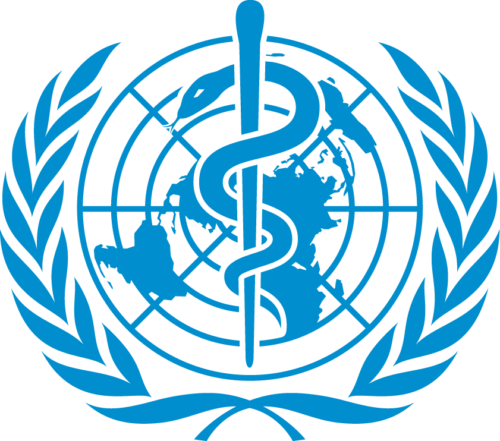
Even as President Joe Biden struggles with controlling COVID-19, the World Health Organization ((WHO) says the Omicron variant is probably in most of the world’s countries already and could again overwhelm health systems in the US and elsewhere.
The good news is that the solutions to ending the COVID-19 pandemic, including Omicron, are already known. The need is to find the political will to implement them, starting with serious efforts to reduce the inequity between countries and between population groups in the same country.
“If we end inequity, we end the pandemic. If we allow inequity to continue, we allow the pandemic to continue,” WHO chief Tedros Adhanom said.
But there remains a vast gap in rates of vaccination between countries. For instance, 41 countries have still not been able to vaccinate 10% of their populations, and 98 countries have not reached 40%.
About 77 countries have reported Omicron cases so far and some experts think it causes less severe disease. But WHO is concerned that Omicron has prompted some countries to roll out booster programs for their entire adult populations, even while evidence Is lacking for the effectiveness of boosters against the variant.
At a broader level, the COVID-19 pandemic has brought into sharp focus the importance of resilient health systems in all societies. This involves encouraging different sectors to work together to address challenges and help people to take control over their health and lives.
“Health does not begin in a hospital or clinic. It begins in our homes and communities, with the food we eat and the water we drink, the air we breathe, in our schools and our workplaces,” Tedros said.
“We have to fundamentally change the way that leaders in politics, the private sector, and international institutions think about and value health, and to promote growth that is based on health and well-being for people and the planet, for countries at all income levels.”
Omicron is spreading at a rate not seen with any previous variant. It would be perilous to dismiss it as mild, as some people are doing. However, vaccines alone will not get any country out of this crisis.
“Countries can – and must – prevent the spread of Omicron with measures that work today. It’s not vaccines instead of masks. It’s not vaccines instead of distancing. It’s not vaccines instead of ventilation or hand hygiene,” Tedros said. “Do it all. Do it consistently. Do it well.”
“It’s really quite simple: the priority in every country, and globally, must be to protect the least protected, not the most protected.” Vaccines are tools that have the greatest impact when they are used to protect those who are most at risk.
However, evolving evidence suggests a small decline in the effectiveness of vaccines against severe disease and death. It also suggests a decline in preventing mild disease or infection.
“Let me be very clear: WHO is not against boosters. We’re against inequity. Our main concern is to save lives, everywhere,” Tedros pointed out.
Boosters could play an important role, especially for those at highest risk of severe disease and death. But WHO is concerned that booster programs will repeat the vaccine hoarding seen earlier this year and worsen inequity.
















